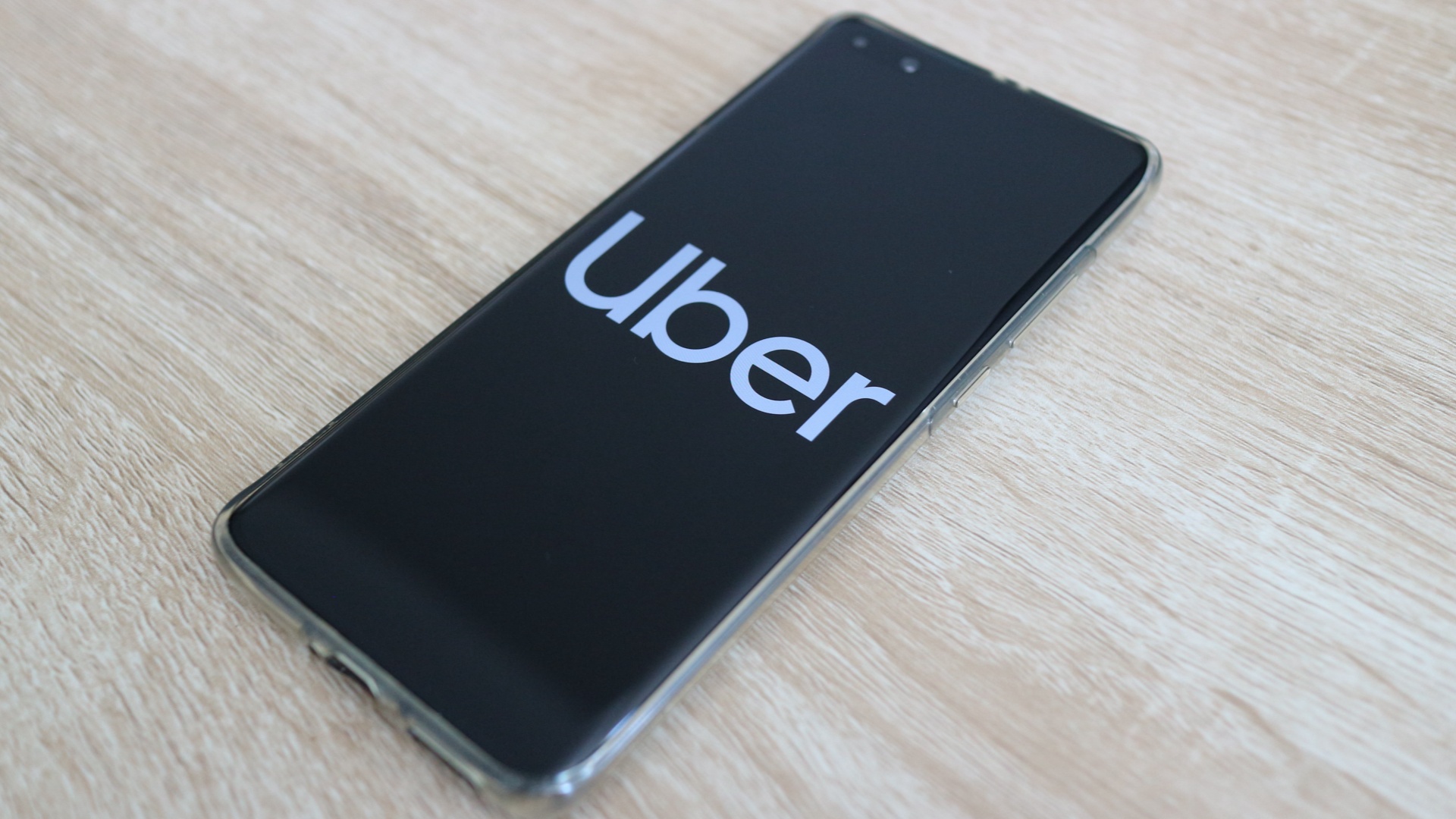On Monday, Uber was dealt a blow in which shady dealings by the firm were laid bare for the world to see in some 124 000 internal documents, emails, text messages and memos.
Within The Uber Files there are frankly disturbing revelations about the firm’s operations in South Africa. These revelations were laid bare in a report by the Washington Post this week and we advise you read that report here.
To sum up though, Uber made decisions that adversely affected drivers including launching the option for cash payment despite drivers saying this would put them in danger.
After reading the Washington Post’s report we contacted Uber Sub-Saharan Africa (Uber SSA) with a barrage of questions and a request to speak with a local representative. This was Monday, the day the Uber Files were publicised and Uber Sub-Saharan Africa refused to speak with press or media.
Instead we were offered a statement that would best be described as hollow and empty.
“Since our South Africa launch in 2013, we have created economic opportunities for thousands of people in South Africa and currently have 20,000 drivers and delivery people earning through the Uber and Uber Eats apps,” said general manager for Uber Sub-Saharan Africa, Frans Hiemstra.
“Safety is and has always been a top priority for us, and we have invested heavily over the years in technology to help keep drivers and riders safe. Many of these industry-leading safety features are now available in South Africa, including our in-app emergency button and strong rider verification measures.”
We’d love to have asked Hiemstra to elaborate on these points including how well these safety features work? How quickly are drivers and riders assisted?
Also of interest is the fact that Uber knew that cash trips would endanger drivers and went through with it anyway. As we mentioned, Uber Sub-Saharan Africa refused to answer our questions offering a statement that states old facts with no new context.
This statement rings hollow as it doesn’t track with what happens on the ground. The Washington Post tells the story of Cupido who was attacked and robbed during a cash trip.
For all its talk of helping drivers, Uber refused to even replace a pair of glasses the driver damaged in the attack. Is that the face of a company that cares about the drivers on its platform? We need to be careful here because one thing the firm will do is complain that we dare associate drivers with the word “employee” or infer that they are anything other than “independent contractors”.
“Please note that drivers operate as independent contractors, so please refrain from using terms such as ‘work for Uber’ and referencing drivers as ‘Uber drivers’ or ‘Our drivers’, and rather use ‘drivers on the Uber platform’ or ‘drivers that use the Uber app’,” Uber SSA urged in its email to Hypertext.
Included with Hiemstra’s response by Uber’s local press team was a timeline of events regarding the features Uber has implemented locally since arriving on our shores.
While Uber points out that drivers can decline cash trips in South Africa, this serves only to demonstrate how out of touch decision makers are with what is happening on the ground. A driver could decline a cash trip yes, but that trip could be the difference in being able to pay a vehicle’s leasing fee, or being able to afford fuel.
The firm’s statements and what followed in the Uber Files highlight that the firm says one thing in public, while working the opposite angle in private. So then Uber, how are we to ever believe a word that comes out of your press room?
None of the issues raised by the Washington Post are even touched on by Uber’s local team and instead we get told -although in not as many words – that Uber cares. For a company that doesn’t want you associating drivers as employees of the firm, it’s really hard to believe that sentiment.
And Uber will say that it engages with drivers regularly through in-person and virtual round tables. The firm says it has hosted 30 roundtables in the last year and hundreds of drivers have attended these sessions. Hundreds sounds good until you realise that Uber has 20 000 drivers in South Africa, so hundreds in this sense is a drop in the ocean.
Despite these roundtables, drivers are still taken advantage of and still regularly complain that the firm doesn’t listen to them. As an example, with fuel reaching record high prices, Uber has yet to announce any sort of increases or decreases in its own share of revenue it takes from drivers.
The fact is that Uber’s actions and its publicly stated intentions are at odds with each other.
Ask your next Uber driver what they think of the firm and we’re certain the words “they don’t care about us” will exit the driver’s mouth at some point. This is the market Uber has built for itself and it’s going to have to go back to the drawing board to solve these problems.
The fact of the matter is that from what we have seen in the Uber Files and the company’s actions since it’s launch locally, it really looks like the only thing Uber cares about is making a quick buck in areas where it’s operations are “just [f*cking] illegal”.

